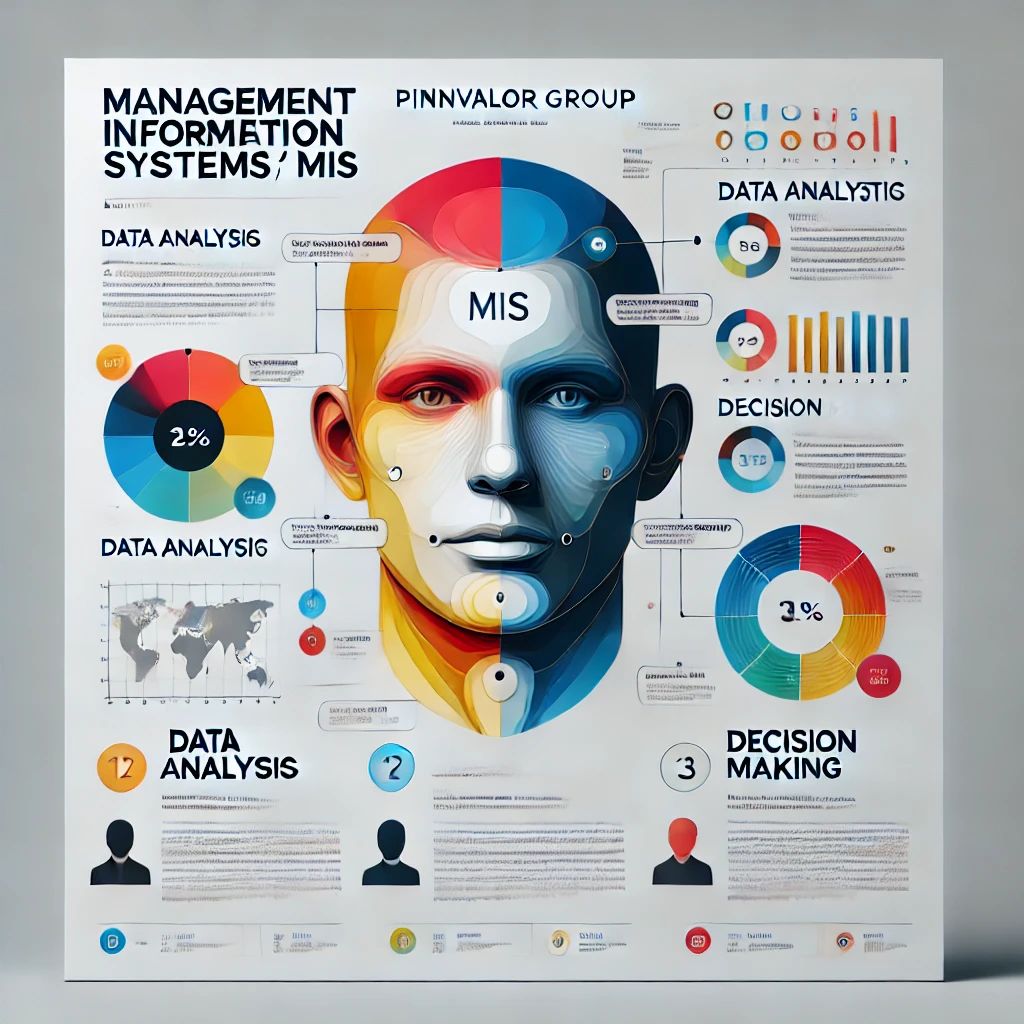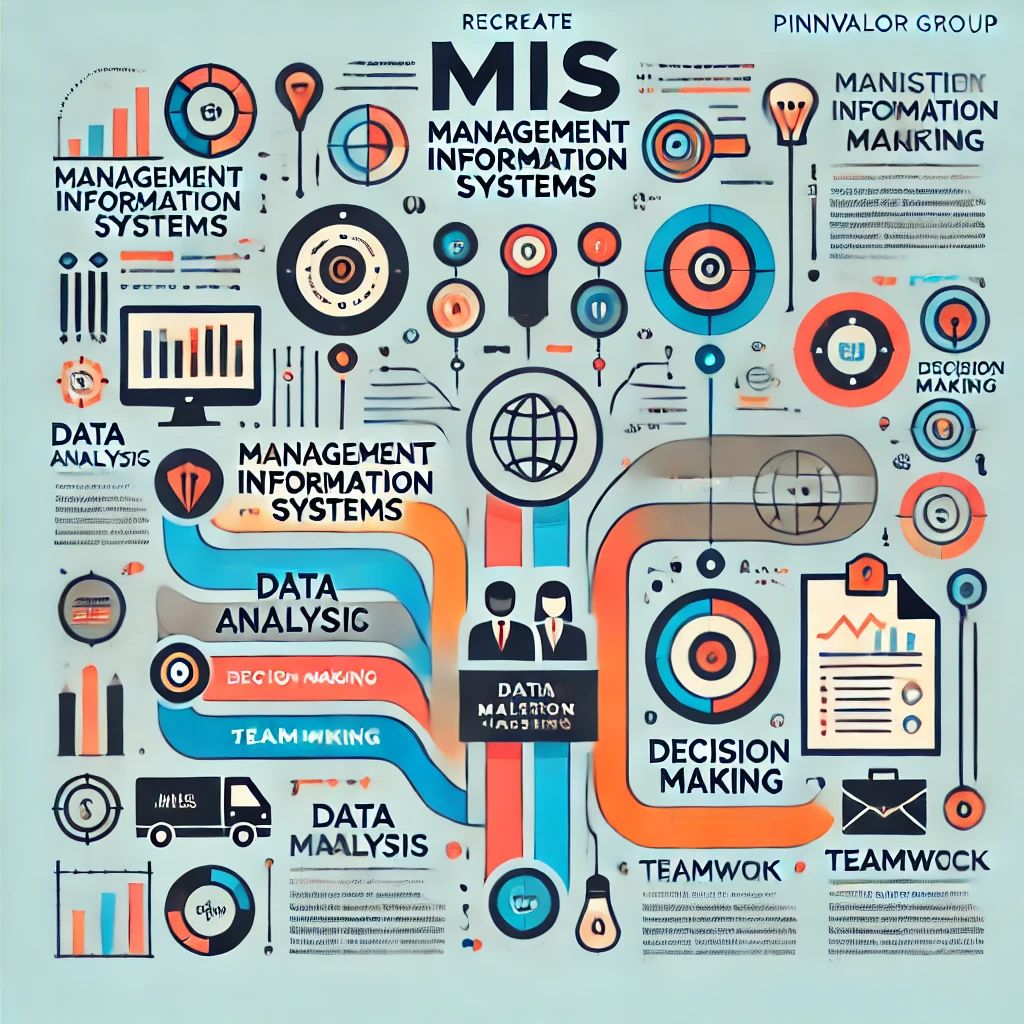
Management Information System (MIS) – A Strategic Tool for Business Excellence
In today's data-driven world, businesses thrive on informed decision-making. A Management Information System (MIS) serves as a crucial enabler of this process, integrating technology, people, and business functions to provide critical insights. Unlike generic IT systems, MIS is tailored to facilitate strategic, tactical, and operational planning through structured data analysis. This article explores the key characteristics of MIS and its role in business decision-making.
Why MIS is a Game-Changer for Businesses!
🚀MIS isn't just a reporting tool—it’s a powerful decision-making engine that integrates technology, people, and processes to drive business success.
🔍 Real-Time Insights, Real-Time Success! – With real-time data processing, businesses can track KPIs, adapt strategies instantly, and stay ahead in a rapidly changing market. 📈 Predict the Future, Not Just Report the Past!-Advanced MIS leverages AI and predictive analytics to forecast market trends, customer behaviors, and business risks—ensuring proactive, not reactive, decision-making.
Key Characteristics of MIS
MIS is more than just a reporting tool; it is an integrated system that ensures seamless data flow and efficient decision-making. Here are some of its unique attributes:. Here’s how:
1. Integration Across Business Functions
2. Real-Time Information Processing
3. Customization and Scalability
4. Automation and Efficiency

Role of MIS in Business Decision-Making
One of the primary objectives of MIS is to support businesses in making well-informed decisions. Here’s how MIS contributes to strategic decision-making:
1. Data-Driven Insights
2. Forecasting and Predictive Analysis
3. Performance Monitoring and KPI Tracking
4. Strategic Business Alignment
Conclusion
In the fast-paced business landscape, leveraging a well-structured Management Information System (MIS) is no longer an option but a necessity. Its unique characteristics and its role in strategic decision-making make it a powerful tool for organizations aiming for efficiency and excellence.
With AI, cloud computing, and big data revolutionizing MIS, are you leveraging these innovations to stay ahead in operational and financial success?
